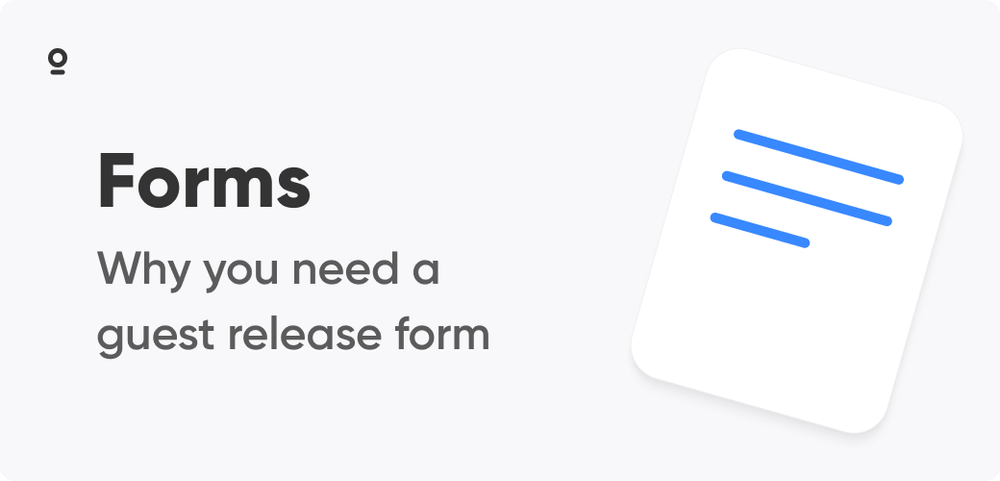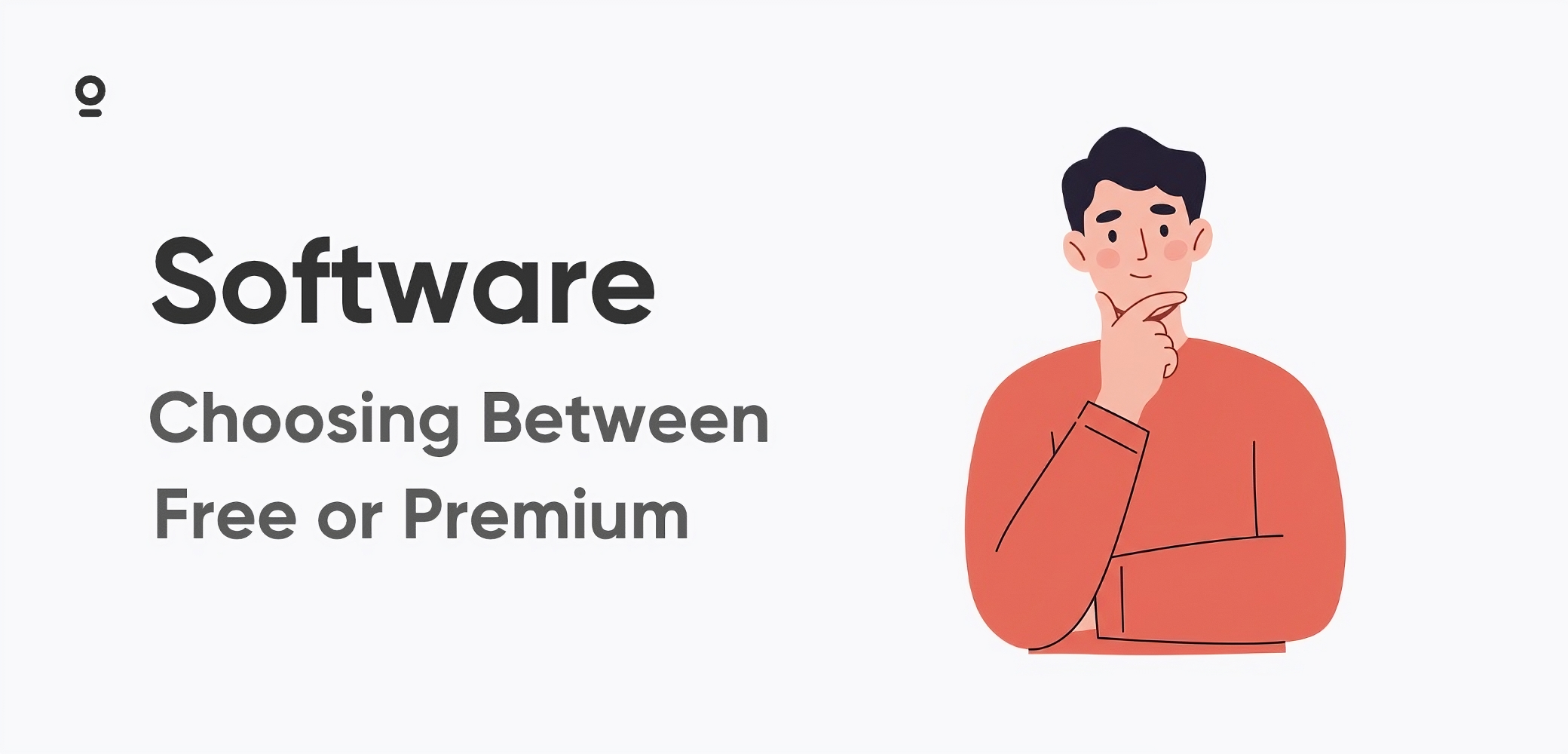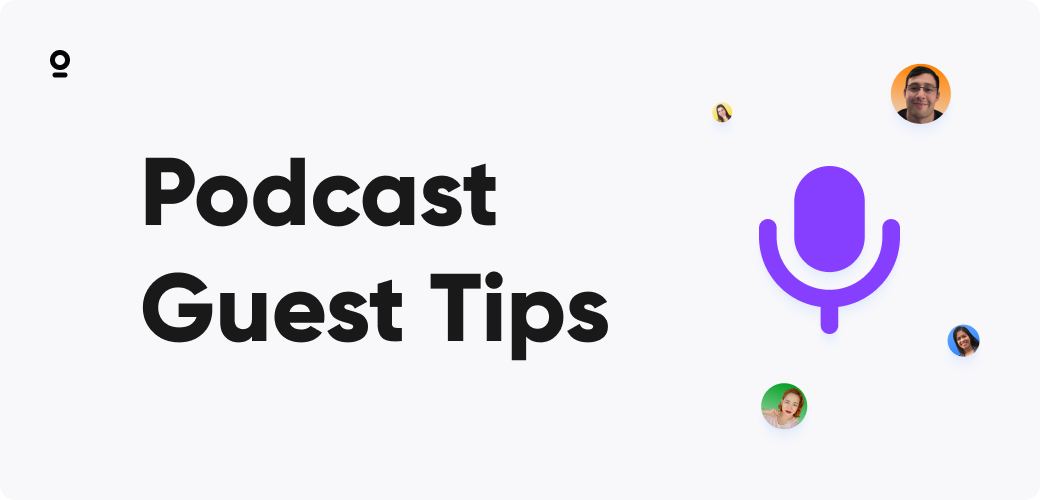A podcast guest release form is a short contract that transfers copyright and publicity rights from a guest to the show. By signing before recording begins, every participant agrees that the host may edit, distribute, and monetize the episode in any medium, for any length of time. As recent legal disputes have shown, attorneys now view a release form as fundamental risk management rather than optional paperwork.
Why do podcast hosts need a guest release form?
Copyright law presumes joint ownership whenever two or more people create a recording together. Without written consent, a guest can later claim co‑author status and insist on edits, removal, or compensation. A prominent cautionary tale is the S‑Town litigation, in which the subject's estate sued the producers for misappropriating rights of publicity; a media‑law post that highlighted the case underscored why written releases are essential. Such disputes can upend advertising deals, chart momentum, and audience trust.
Modern releases eliminate that uncertainty by:
- Transferring ownership: The guest assigns all copyright in the interview to the host.
- Granting perpetual, worldwide rights: The show may publish on any platform, including video feeds and social clips.
- Releasing legal claims: The guest waives rights to sue over defamation, privacy, or publicity harms arising from statements made in the episode.
- Documenting consent to record: A vital safeguard in two‑party‑consent states and for international participants.
Because podcasts now debut on YouTube, TikTok, and translated AI feeds, clear permission to repurpose content is crucial. A signed release form provides that permission and stops most disputes before they start.
What to put in a 2025 podcast guest release form
A lawyer‑vetted template typically fits on one page yet covers seven critical areas:
Permission to record and publish: Confirms that audio and video capture are allowed and that distribution may occur on any present or future platform.
Assignment of copyright: Transfers full ownership to the host, blocking later co‑author claims.
Editorial control waiver: States that the host may edit at discretion and is not required to honor takedown or change requests.
No compensation: Clarifies that the appearance is voluntary and royalty‑free unless a separate agreement provides payment.
AI and likeness consent: Allows routine AI tools for editing or transcription while prohibiting synthetic voice or image manipulation without additional approval.
Release of claims: Protects the show if the guest's own statements lead to defamation or privacy complaints.
Governing law and entire agreement: Fixes the jurisdiction for any dispute and confirms that no oral promises override the written contract.
Additional practical details strengthen the document:
- Recording date, platform, and episode topic: To identify the session precisely.
- Contact information for both parties: In case future legal notices are required.
- Optional interview parameters: A brief space where a guest may list off‑limits subjects; many hosts place this in a separate intake form to keep the release short.
Plain language is recommended. Guests sign faster when the text reads like clear English rather than dense legalese, yet all protections remain intact.
Where to get a podcast guest release form
The safest route is custom drafting by an entertainment lawyer who understands podcasting workflows. Where budget limits that option, several reputable alternatives exist:
- Lawyer‑written template: An entertainment attorney offers a low‑cost or free form updated for AI and video distribution (download a free template).
- Specialist legal guidance: A practitioner blog explains contract essentials and common pitfalls for podcasters (see example).
- Industry events and associations: Panels at Podcast Movement, The Podcast Academy webinars, and similar forums often distribute current release templates alongside legal Q&A sessions.
A self‑written contract should be used only after a legal review. Even minor omissions (for example, failing to cover future video use) can reopen ownership questions later.
Electronic signature tools streamline collection. Most hosts embed the form in scheduling links, ensuring completion before a calendar slot is confirmed. Cloud storage with clear file naming (for example, E045_dr‑lee_release.pdf) keeps records easily retrievable if a dispute arises years later.
Keeping the workflow frictionless
Signing inefficiency often kills scheduling momentum, yet modern tools leave little excuse for delay. Once a template is finalized, integrate it with booking software such as this scheduling platform or SavvyCal; when configured with a required checkbox, these services can capture a legally binding click‑wrap consent. Pairing that with cloud storage options like Google Drive, Dropbox, or Notion creates an audit trail accessible to producers, editors, or counsel at a moment's notice. Podcasts that automate this flow report faster confirmations and fewer no‑shows, because paperwork is finished before microphones power on. Convenience, in other words, supports compliance as well as courtesy everywhere.
So, is a guest release form essential?
Every interview introduces creative and legal risk. A concise, forward‑looking guest release form resolves that risk by proving consent, cementing ownership, and granting the host freedom to edit and monetize without interference. The document now ranks alongside reliable microphones and local recording as baseline podcast infrastructure. Shows that adopt the form for every guest enjoy predictable editorial control, smoother sponsor relations, and peace of mind when new distribution technologies emerge. In today's podcast economy, skipping this step is a gamble few professionals are willing to take.







